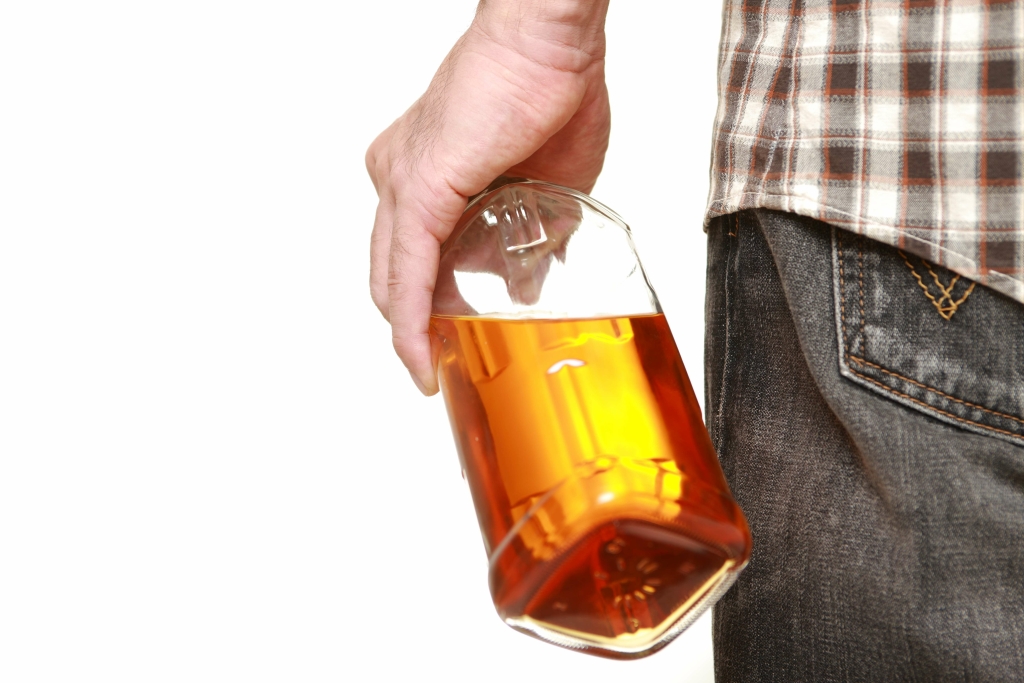Ask alcoholism symptoms any patient presenting with new heart failure of unclear etiology about their alcohol history, with attention to daily, maximal, and lifetime intake and the duration of that intake. In some cases, alcoholic cardiomyopathy is caused by a genetic mutation that makes your body process alcohol much slower than others.5 You can become intoxicated or damage your body with fewer drinks. Whether you are a healthcare provider, a concerned family member, or someone struggling with alcohol use, understanding the reality of alcoholic cardiomyopathy empowers you to take meaningful steps. Workplace wellness programs, school-based education, and community outreach initiatives can further promote healthy behaviors and challenge cultural norms that glorify or normalize heavy drinking. Ultimately, preventing alcoholic cardiomyopathy requires a multi-pronged approach that combines individual action with systemic change.
Appointments & Care

Alcohol-induced cardiomyopathy, especially when more severe, leads to deadly problems like heart attack, stroke or heart failure. Individuals with this condition who don’t stop drinking heavily are at the greatest risk. Between 40% to 80% of people who continue to drink heavily will not survive more than 10 years after receiving this diagnosis.
- Because hypertension may directly contribute to LV dysfunction, this may be a confounding comorbidity in persons who abuse alcohol, and it should be differentiated from pure forms of alcoholic cardiomyopathy.
- Pharmacologic therapy should include goal-directed heart failure therapy as used in idiopathic dilated cardiomyopathy with reduced ejection fraction.
- In general, most people who stop drinking alcohol will feel better over the next three to six months.
- However, for others, the effects of alcohol-induced cardiomyopathy may be life-long.
History and Physical

Still, the key to reversing alcoholic cardiomyopathy lies in early detection—before irreversible scarring or fibrosis sets in. Individuals with alcoholic cardiomyopathy is especially dangerous because coexisting conditions such as hypertension, obesity, or viral infections that affect the heart are more vulnerable. Additionally, those who consume alcohol in binge patterns—rapid and excessive intake over short periods—may be at increased risk even if their overall weekly consumption is moderate.
We are unable to switch you to this area of care

Understanding how alcohol causes an enlarged heart is not just a https://ecosoberhouse.com/ matter of academic interest—it is a public health imperative. Alcoholic cardiomyopathy is a preventable yet potentially devastating condition that arises from chronic heavy drinking. By recognizing the early warning signs, seeking timely diagnosis, and embracing treatment that includes complete abstinence, individuals can protect their heart and improve their long-term health outcomes.
- Over time, these mechanisms cause structural remodeling of the heart—dilation of the chambers and thinning of the walls—which defines the condition known as alcoholic cardiomyopathy.
- However, the extent of recovery is highly variable and depends on how long and how heavily the person drank before stopping.
- Early screening, especially in individuals with long-standing alcohol use, is crucial to catching the condition before it becomes symptomatic and more difficult to manage.
- Other health problems you have can also affect your case, especially if those problems have any connection with alcohol use.






